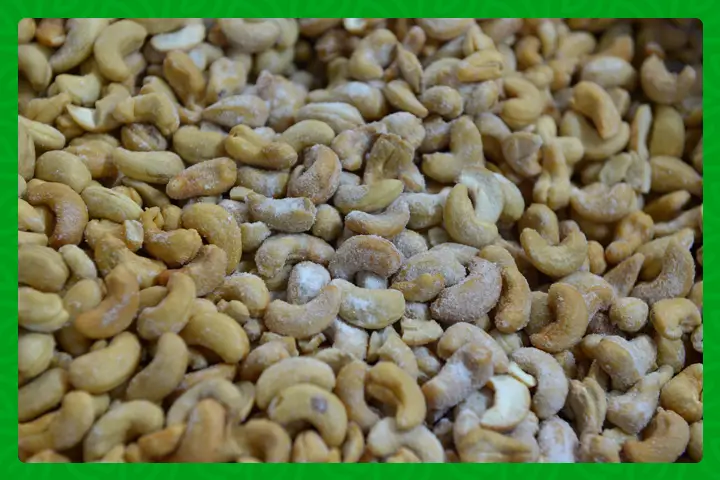
In a resounding call to action, Tanzanian Vice-President Dr. Philip Mpango is leading the charge to transform the cashew industry in Africa. With a vision to unlock the immense potential of the continent’s cashew market, Tanzania is embarking on an ambitious journey to raise annual cashew production to a staggering 1 million tonnes by 2030. This monumental goal is not just about increasing numbers but about tapping into the vast continental market, where nearly 1.4 billion people await the delights of cashew and its myriad by-products, all facilitated by the African Continental Free Trade Area (AfCFTA).
A Paradigm Shift in the Cashew Industry
Speaking at the Tanzania International Cashew Conference in Dar es Salaam, Dr. Mpango emphasized the urgent need to boost local consumption of cashew nuts and their by-products, all while seizing the opportunities presented by the AfCFTA. The focus is on making cashew and its derivatives more affordable to the masses, fostering regional consumption that benefits all.
Dr. Mpango’s vision extends beyond just numbers; it’s a comprehensive strategy that aims to address longstanding issues in the cashew industry. Unfair grading and counterfeit pesticides have plagued the sector for years, and Tanzania is ready to put an end to these malpractices. The call is clear: the nation invites potential investors to support the cashew sector in this transformational journey.
Tanzania’s Unique Advantage
Tanzania is ideally positioned for cashew production, thanks to its harvest season, vast arable land, and favorable weather conditions. This sets the stage for a significant agricultural transformation under the 10/30 agenda. The country is committed to raising raw cashew production from an annual average of 220,000 tonnes to a staggering 1,000,000 tonnes per year by 2030. This journey includes intermediate targets of 400,000 tonnes in 2023/24 and 700,000 tonnes by 2026/27. The ultimate aim is to secure Tanzania’s position as one of the top three cashew producers in Africa.
But Tanzania’s aspirations extend beyond mere production. The country plans to process 60% of raw cashews to add value and expand its market presence. Dr. Mpango envisions a diverse range of cashew by-products, including jam, juice, cashew milk, wine, ethanol, and oil. This strategy not only promises economic growth but also aligns with the broader goal of promoting local consumption and extracting maximum value from this cash crop.
A Transformative Vision for Africa
Dr. Mpango’s vision for Tanzania’s cashew industry resonates with broader efforts across Africa. The continent has seen remarkable growth in cashew production, but too often, these bounties are exported in their raw form, resulting in missed opportunities for added value.
The call to enhance domestic consumption and value addition aligns perfectly with unlocking the full potential of the cashew sector in Africa. By encouraging local processing and consumption, Africa can create jobs, boost incomes, and seize the opportunities presented by the African Continental Free Trade Area.
With the vast continental market opening up new horizons, African nations are well-poised to leverage their comparative advantages in cashew production. By investing in processing facilities, refining grading practices, and ensuring fair prices for cashew nuts, they can strengthen their position in the global cashew market.
A Bright Future Awaits
The African cashew sector is on the cusp of a transformative era, with Tanzania at the forefront of this change. By promoting value addition, improving industry practices, and expanding domestic consumption, African countries can tap into the burgeoning continental market and solidify their roles as key players in the global cashew industry.
Tanzania’s vision is not just about meeting production targets; it’s about building a more sustainable and economically viable cashew industry. With Dr. Mpango’s passionate call to action, Tanzania is poised to take the lead in redefining the future of cashews in Africa and beyond.
Stay updated with the latest farming tips and agriculture industry news from Africa by subscribing to our newsletter. Don’t miss out on valuable insights and updates. Follow us on Twitter, LinkedIn, and Facebook to join our farming community and stay connected with us.



















